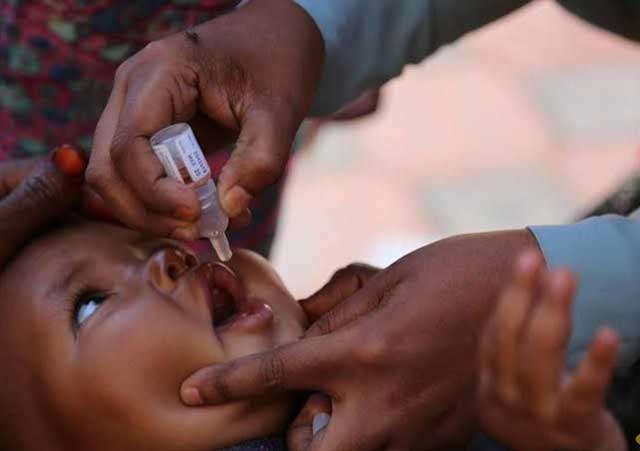
Kampala, Uganda | THE INDEPENDENT | The Global Polio Eradication Initiative (GPEI) has launched a new strategy to eradicate polio amidst setbacks caused by immunization interruptions that came with COVID-19.
In a statement released by the World Health Organisation (WHO) on Saturday, the strategy set to be implemented between 2022 and 2026 by the GPEI, an initiative launched more than thirty years ago to clear completely wild polio viruses is aimed at overcoming the remaining challenges to ending the disease.
While polio cases have fallen 99.9% since 1988, the statement says the disease remains a Public Health Emergency of International Concern and persistent barriers to reaching every child with polio vaccines and the pandemic have contributed to an increase in polio cases.
WHO statistics show, last year, 1,226 cases of all forms of polio were recorded compared to 138 in 2018, something attributed to paused door-to-door campaigns for four months to protect communities from the spread of COVID-19.
Currently, globally, two countries of Pakistan and Afghanistan yet to interrupt wild polio transmission.
According to WHO Director-General Dr Tedros Adhanom Ghebreyesus, the just-launched strategy has clearly outlined how to overcome the final barriers to securing a polio-free world and improve the health and well-being of communities for generations to come.
“To succeed, we urgently need renewed political and financial commitments from governments and donors. Polio eradication is at a pivotal moment. We must capitalize on the momentum of the new Strategy and make history together by ending this disease.”
For the lagging countries, the strategy recommends further integrating polio activities with essential health services including routine immunization and building closer partnerships with high-risk communities to co-design immunization events and better meet their health needs.
For other countries they recommend implementing innovative new tools, such as digital payments to frontline health workers, to further improve the impact and efficiency of polio campaigns.
Commenting on the strategy, Henrietta Fore, the Executive Director of UNICEF called for renewed commitment by governments.
“We will not allow the fight against one deadly disease to cause us to lose ground in the fight against polio and other childhood diseases. Renewed government and donor support will enable us to reach and immunize over 400 million children against polio every year and ensure that no family has to live with the fear of their child being paralyzed by this deadly disease ever again.”
*****
WHO
 The Independent Uganda: You get the Truth we Pay the Price
The Independent Uganda: You get the Truth we Pay the Price



